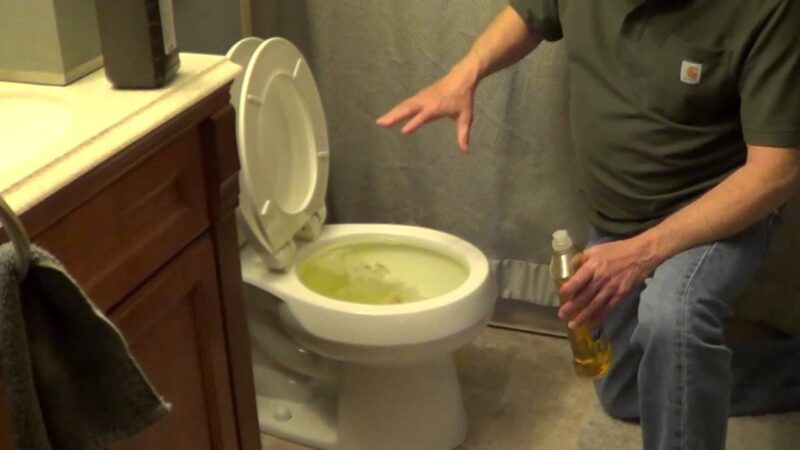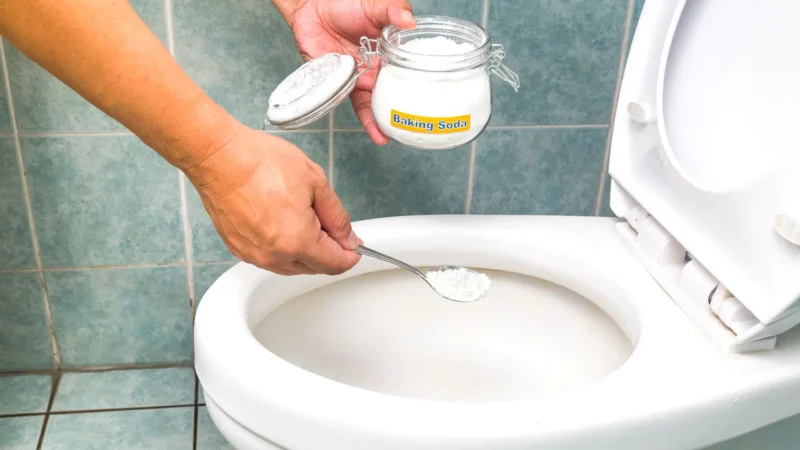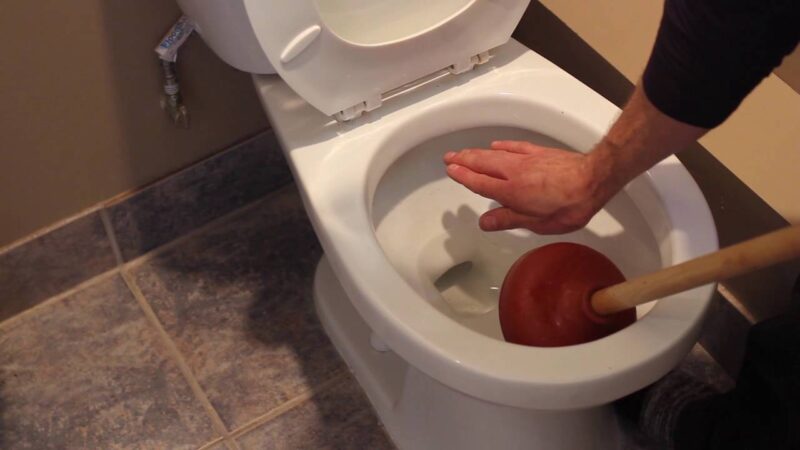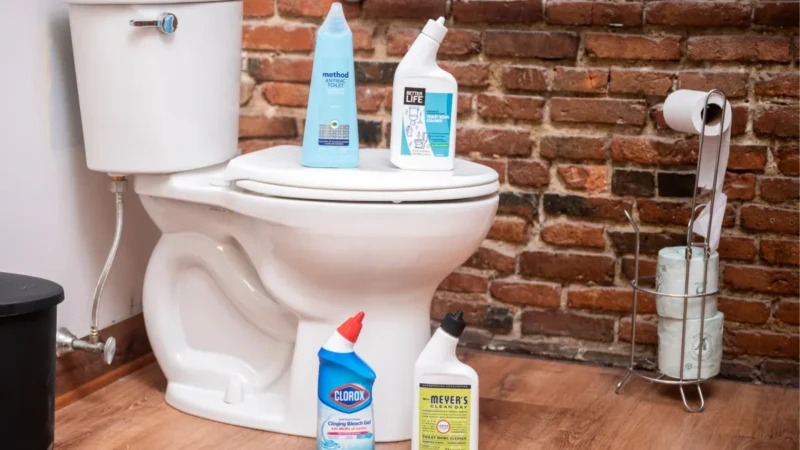What Type of Paint for Bathroom: A Complete Guide
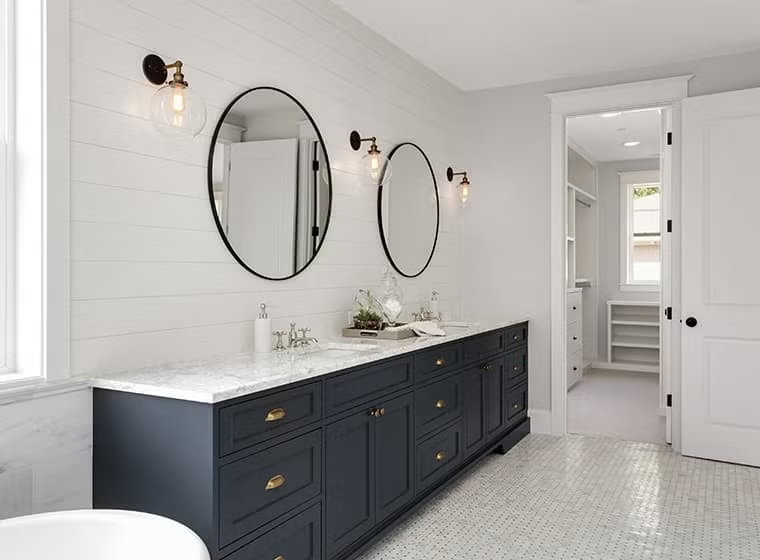
Updating your bathroom with a fresh coat of paint is one of the easiest ways to revamp the space. However, choosing the right type of paint is essential due to the bathroom’s high humidity and moisture levels.
From preventing peeling to resisting mould, selecting the right finish and primer ensures durability and beauty in this unique environment. Here’s everything you need to know to choose the best paint for your bathroom.
Why the Right Bathroom Paint Selection Matters
Bathrooms are high-moisture environments where steam from showers and baths can wreak havoc on poorly chosen paints. You may encounter peeling, bubbling, and mould growth without the right type.
To keep your bathroom looking its best, invest in high-quality, moisture-resistant paints that include additives to combat mould and mildew.
Step 1: Start with a Primer
A high-quality primer is essential to prepare your bathroom surfaces for painting. It improves adhesion, covers imperfections, and provides a solid base for the topcoat.
- Mildew-Resistant Primers: Ideal for bathrooms with limited ventilation or existing moisture issues, these primers include additives that inhibit mould and mildew growth.
- Drywall Primers: If you’re painting new drywall, use a primer specifically formulated for drywall to ensure proper absorption.
- All-Purpose Primers: These are suitable for multiple surfaces, including walls, ceilings, and trim. Look for versions labelled as mould- or mildew-resistant to enhance durability in high-moisture environments.
Recommended Bathroom Primers
- KILZ Mold & Mildew Primer
- Zinsser Peel Stop Binding Primer
- BEHR Kitchen and Bath Stain-Blocking Primer
Tip: Always clean walls thoroughly and remove any mildew with a bleach-water solution (three parts water to one part bleach) before priming.
Step 2: Choose the Best Paint Finish for Bathrooms
The type of paint finish you choose plays a key role in how well it stands up to the humid conditions in your bathroom. Here’s a breakdown of the most common options:
Semi-Gloss and Glossy Finishes
Semi-gloss and high-gloss paints are excellent for bathrooms because they are moisture-resistant and easy-to-clean. Once cured, these paints form a hard, durable layer that protects against water damage, making them perfect for walls, trim, and cabinets.
- Pros: Highly resistant to moisture, easy to clean, and long-lasting.
- Cons: Can highlight surface imperfections, especially on uneven walls.
Top Picks
- BEHR Premium Semi-Gloss Enamel
- Valspar Ultra High-Gloss Enamel
Satin Finish
Satin paint is a versatile choice that balances durability and a softer, less shiny appearance. It’s great for bathroom walls and ceilings, particularly in areas with moderate moisture.
- Pros: Provides a subtle sheen, easy to clean, and resists moisture.
- Cons: Slightly less durable than semi-gloss and gloss finishes.
Top Picks:
- Zinsser Satin Perma-White
- BEHR Premium Plus Satin Enamel
Flat, Matte, and Eggshell Finishes
Traditionally, flat and matte finishes have been avoided in bathrooms due to their tendency to absorb moisture. However, modern formulations now include mildew-resistant additives, making these paints a viable option for low-humidity bathrooms, such as powder rooms. Though slightly more durable, Eggshell finishes share similar moisture concerns but are also available with protective additives.
- Pros: Offer a soft, designer look.
- Cons: Less durable and harder to clean compared to glossier options.
Top Picks:
- Benjamin Moore Aura Bath and Spa (Matte)
- BEHR Ultra Scuff Defense (Flat)
Step 3: Select the Right Paint for Bathroom Ceilings
Bathroom ceilings face unique challenges due to constant exposure to steam. For ceilings in full bathrooms, a satin or semi-gloss finish works best to resist moisture and peeling. A flat or matte finish can work in powder rooms without a shower, but ensure it’s a mildew-resistant variety.
Step 4: Choosing the Right Colors for Your Bathroom
When selecting paint colours, consider how they’ll reflect light and affect the room’s ambience. Neutral tones like whites, creams, and soft greys are popular because they enhance natural light and provide a fresh look. These shades also help create a flattering reflection in the mirror.
For a bolder look, consider rich accent colours on cabinets or trim. Soft greens and foggy greys are trendy for a modern, serene vibe.
Tips for a Successful Bathroom Painting Project
- Clean Thoroughly: Remove dirt, grime, and any existing mildew before priming or painting.
- Use Drop Cloths and Painter’s Tape: Protect surfaces and edges to achieve clean lines and prevent messes.
- Invest in Quality Materials: Use paints and primers specifically designed for high-moisture environments.
- Apply Properly: Follow the manufacturer’s instructions for drying times between coats to ensure durability.
Pro Tips for a Successful Bathroom Painting Project
- Prep Thoroughly: Clean walls to remove dirt, grime, and mildew.
- Invest in Quality Materials: Choose paint and primer specifically designed for high-moisture areas.
- Protect Your Work Area: Use painter’s tape and drop cloths to keep edges sharp and surfaces clean.
- Follow Drying Times: Allow adequate drying between coats for a long-lasting finish.
Step 5: Don’t Forget the Details
While paint sets the foundation, finishing touches like hardware and accessories tie your bathroom design together. Match your cabinet knobs, drawer pulls, and faucets to complement your paint colour. Popular materials include brushed nickel, black metal, or brass, but feel free to mix finishes for a modern, eclectic vibe.
Recommendation
How Often Should You Clean Your Bathroom?
How to Get Rid of Ants in Bathroom?
How To Remove Bathroom Sink Stoppers?
Why Does My Bathroom Smell Like Sewage?
Best Bathroom Cleaner For 2025
Best Bathroom Flooring Ideas for 2025
What is the Best Flooring for a Small Bathroom?
How to Decorate a Bathroom Shelve?
The Ultimate Guide to Keeping Your Glass Shower Doors Spotless
25+ Best Bathroom Door Ideas for an Elegant and Functional Space
How to Install Wallpaper in a Bathroom: A Comprehensive Guide
How To Replace A Shower Handle
Small Toilet Ideas – 50+ Best Toilet Designs
How to Install a Shower Drain?
Why Your Toilet Won’t Flush? Main Causes And Solutions
Final Thoughts
The best paint for your bathroom depends on balancing aesthetics with practical considerations like moisture resistance and ease of cleaning. Semi-gloss and satin finishes are ideal for high-humidity bathrooms, while modern matte options can work in less humid spaces. Pair your paint with a quality primer and choose mildew-resistant products to keep your bathroom looking fresh and flawless for years.
FAQs
Q1: What type of paint is best for a bathroom?
A1: Satin paint is an excellent choice for bathrooms because it’s durable, easy to clean, and provides a slight sheen that resists moisture. It works well on walls, ceilings, and even trim. Semi-gloss paint is a great option for even more durability and ease of cleaning.
Q2: What kind of paint is best for high-humidity bathrooms?
A2: High-humidity spaces like bathrooms are prone to peeling, cracking, and mildew. To minimize these problems, opt for satin or semi-gloss paint, which provides better moisture resistance than flat or eggshell finishes.
Q3: Is acrylic paint good for bathrooms?
A3: Yes, acrylic or latex paint with a satin finish is a great choice for bathrooms. It offers good resistance to moisture, is easy to clean, and doesn’t reflect light as strongly as semi-gloss finishes, providing a balanced appearance.
Q4: Do bathrooms use special paint?
A4: Bathrooms often benefit from using paint specifically designed for these spaces. These paints usually include mildew-resistant properties, making them better suited for areas with frequent moisture. While gloss paints don’t prevent mildew, they make cleaning easier and help reduce visible stains.
Q5: What is the best finish for bathroom paint?
A5: The recommended finishes for bathroom paint are satin or semi-gloss. Satin is suitable for bathrooms with lower humidity levels, offering a softer look, while semi-gloss works well in areas with high moisture because of its durability and excellent washability.



